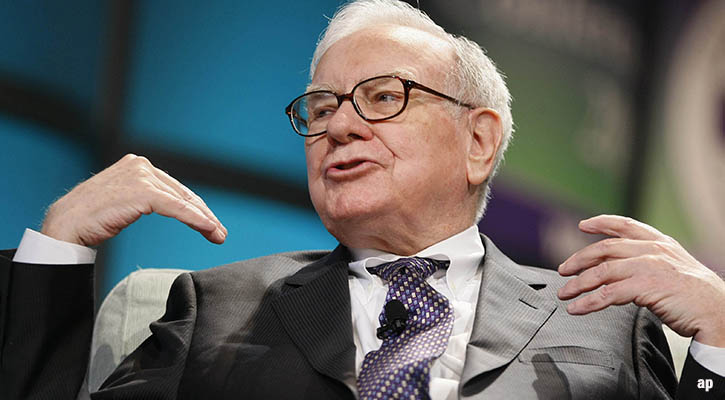
Investors don’t just rely on fund managers to grow their money, but to hold the companies in which they invest to account and to encourage change for the better. This is known as engaging with companies and, with the growing popularity of sustainable investing, is a key facet of ESG. Engaging can mean voting against executive pay, helping to steer a firm through a controversy, or pushing for change in diversity or workers rights.
Many fund managers prefer this tactic of working with a company over “divestment”, which is where they sell a stock because it has been involved with a controversy or doesn’t meet ESG criteria, for example. Divesting or screening out a stock tends to be a last resort.
Many fund managers are now reporting on these matters so investors know whether or not they’re putting their money where their mouth is when it comes to ESG. So how have fund managers been engaging over the past year? We've delved into some fund firm's engagement and stewardship reports to find out.
How Have Managers Been Engaging?
Aviva
Aviva voted on 72,025 proposals at 6,457 shareholder meetings. The group voted against 24% of management proposals and against 43% of pay-specific resolutions. Anti-takeover measures were another key area of engagement for the firm, which voted against 31% of such resolutions. The firm says there were 90 instances where it helped to drive positive changes in corporate behaviour in 2020 including calling for social media platforms to strengthen controls against objectionable content and engaging with the Brazilian government over deforestation in the Amazon.
M&G
M&G says issues relating to diversity are likely to be a central theme in its voting patterns this year, and climate change remains an important issue for investors. Engagement might be thought of as a strategy for equity investors, but M&G says its fixed income team also had 464 interactions with companies where ESG matters were discussed.
It voted at 2,029 shareholder meetings, and against at least one resolution at 687 of these. For example, it voted against a remuneration policy at The Restaurant Group (RTN) and Redde Northgate (REDD). It points to Bayer as one example of a company it engaged with last year as there were “red flags” around German pharma firm’s alleged harm on biodiversity, bee toxicity and production of white phosphorus. M&G said: “We will continue to monitor the company’s behaviour while the red flag remains, but we feel confident it is taking these issues seriously.”
Kempen
Kempen has pledged to become a net zero investor by 2050, one of the first asset management groups to do so. It voted against or abstained on at least one point in 64% of the 419 AGMs it attended last year. The firm engaged directly with 116 companies on ESG issues and with a further 206 companies on a collaborative basis with other investors. Direct engagements were largely focused on environmental and governance issues. One example is Coats Group (COA), which makes industrial threads for the apparel and footwear industries. Kempen wanted to understand the company’s approach to paying a living wage to its workers and says the firm has published additional disclosures and committed to further development as a result.
BlackRock
BlackRock is known for being at the forefront of ESG and has recently ramped up its engagement with companies operating in carbon-intensive sectors, which it believes face material financial risks as the world transitions to a low-carbon economy. In a report, BlackRock said 244 companies are making insufficient progress in integrating climate risk into their business models and it had taken voting action against 53 of these firms – most of these were in the energy sector. One example is ExxonMobil, where BlackRock voted against its directors due to significant concerns around climate risk management. BlackRock said its engagements with companies on environmental issues had increased almost fourfold to 1,230 in the last financial year.
L&G
L&G is another forerunner in ESG and is also targeting net zero emissions across its assets under management by 2050. Last year it engaged with 665 companies, voting against 66,037 resolutions worldwide and opposing the election of 4,700 directors due to governance concerns. On the issue of food sustainability, it has engaged companies including Procter & Gamble (PG) and supported a shareholder proposal on the elimination of deforestation from its supply chain and to increase the proportion of sustainably certified pulp used in its products.


























